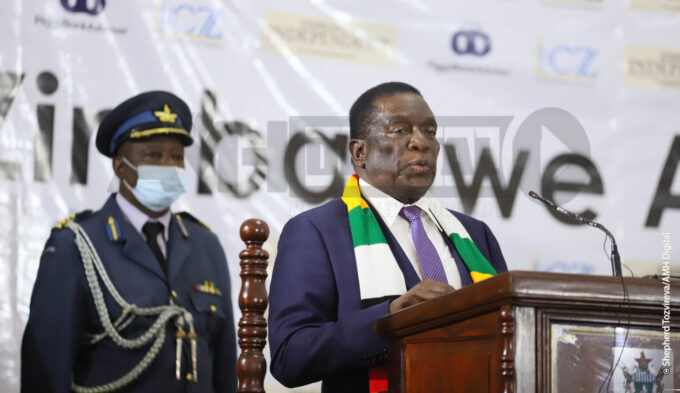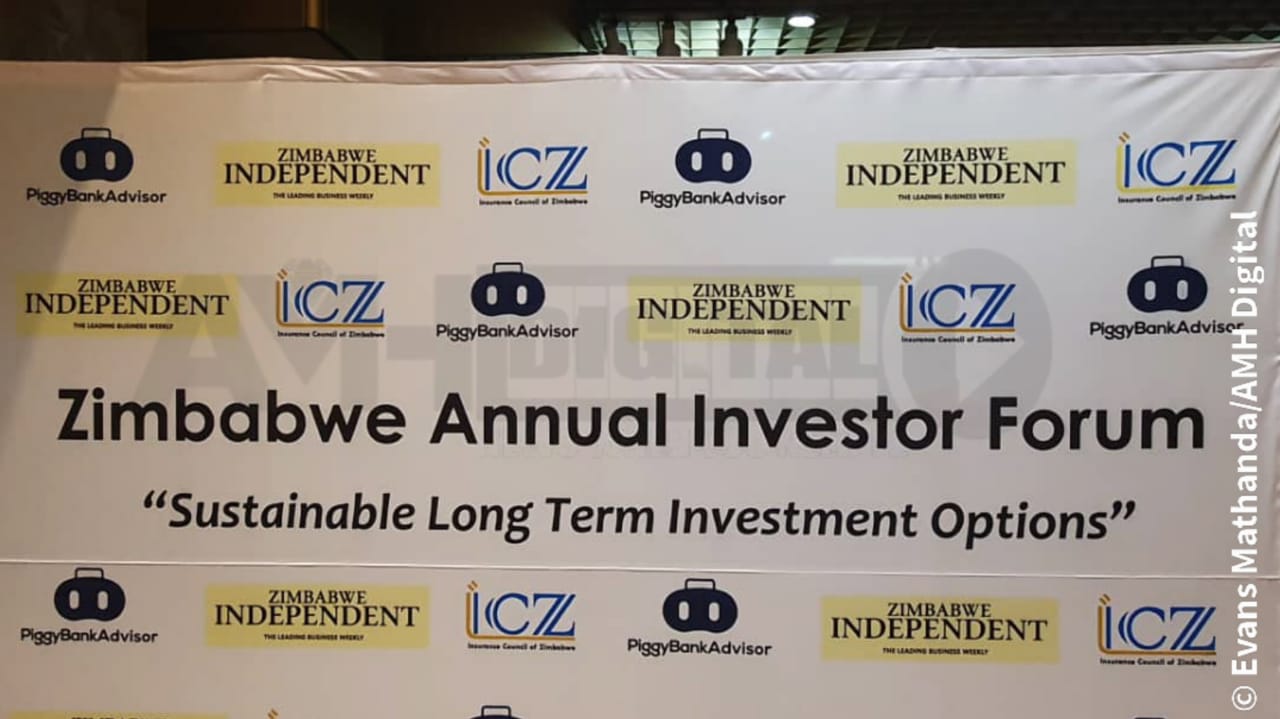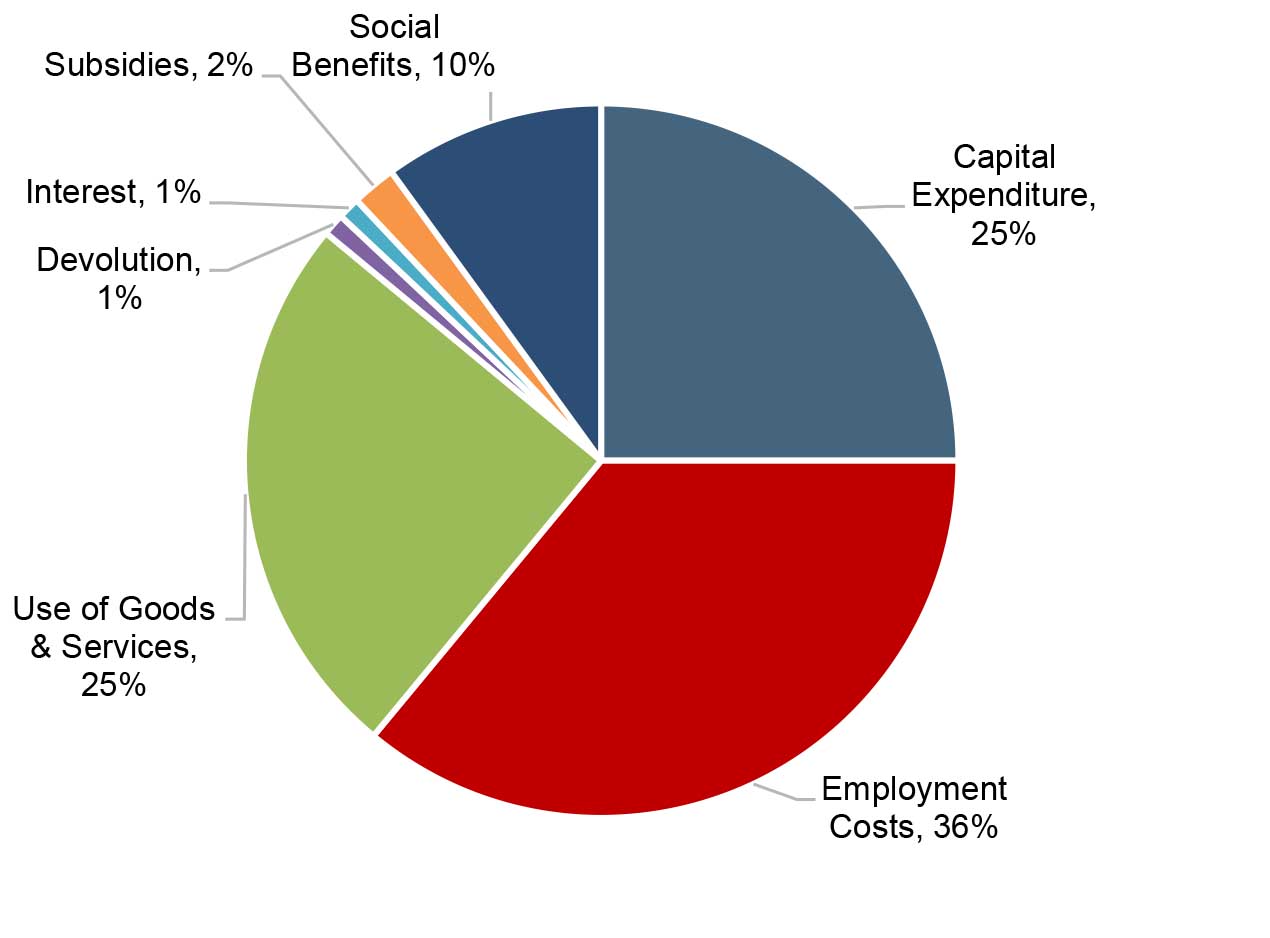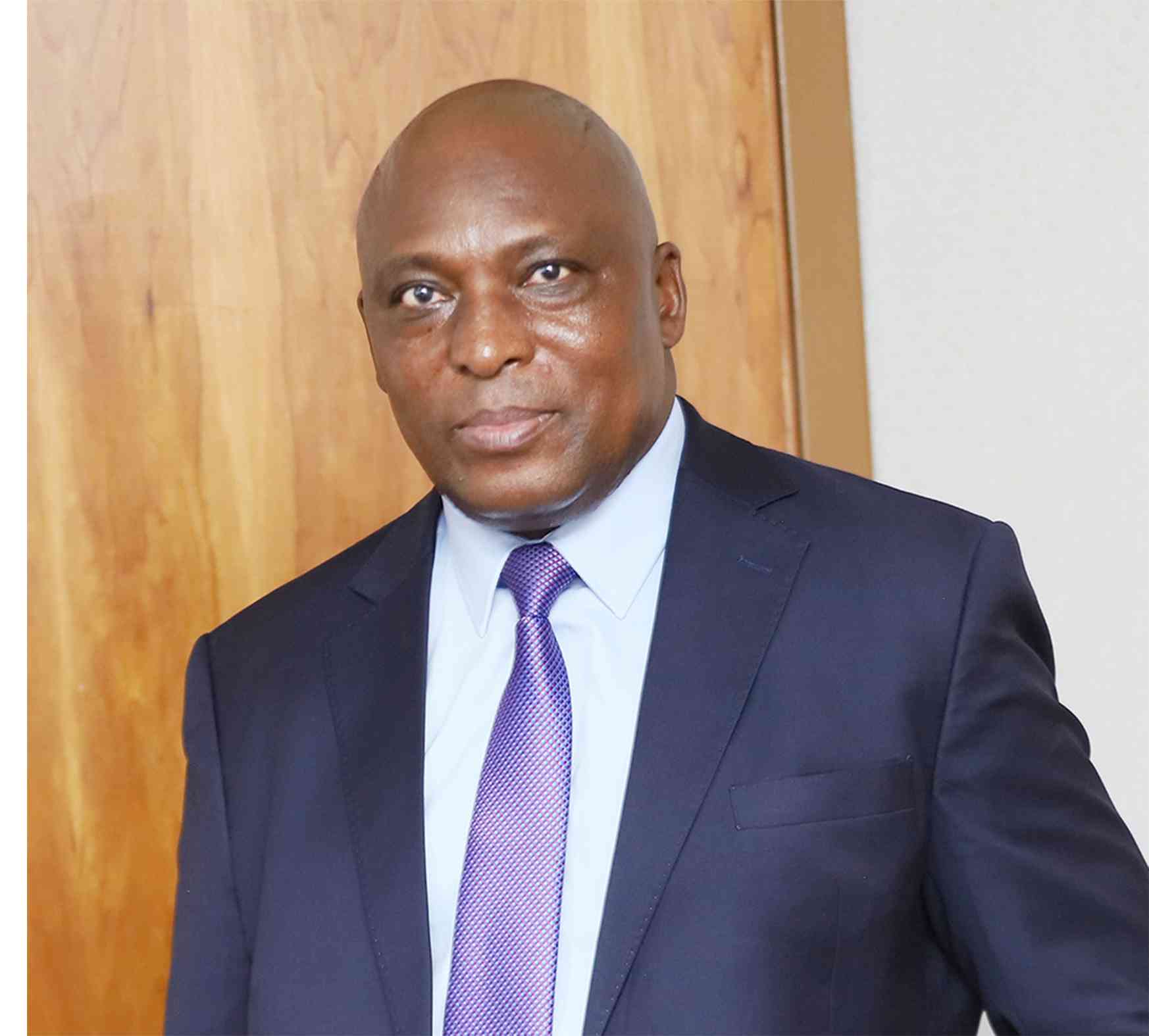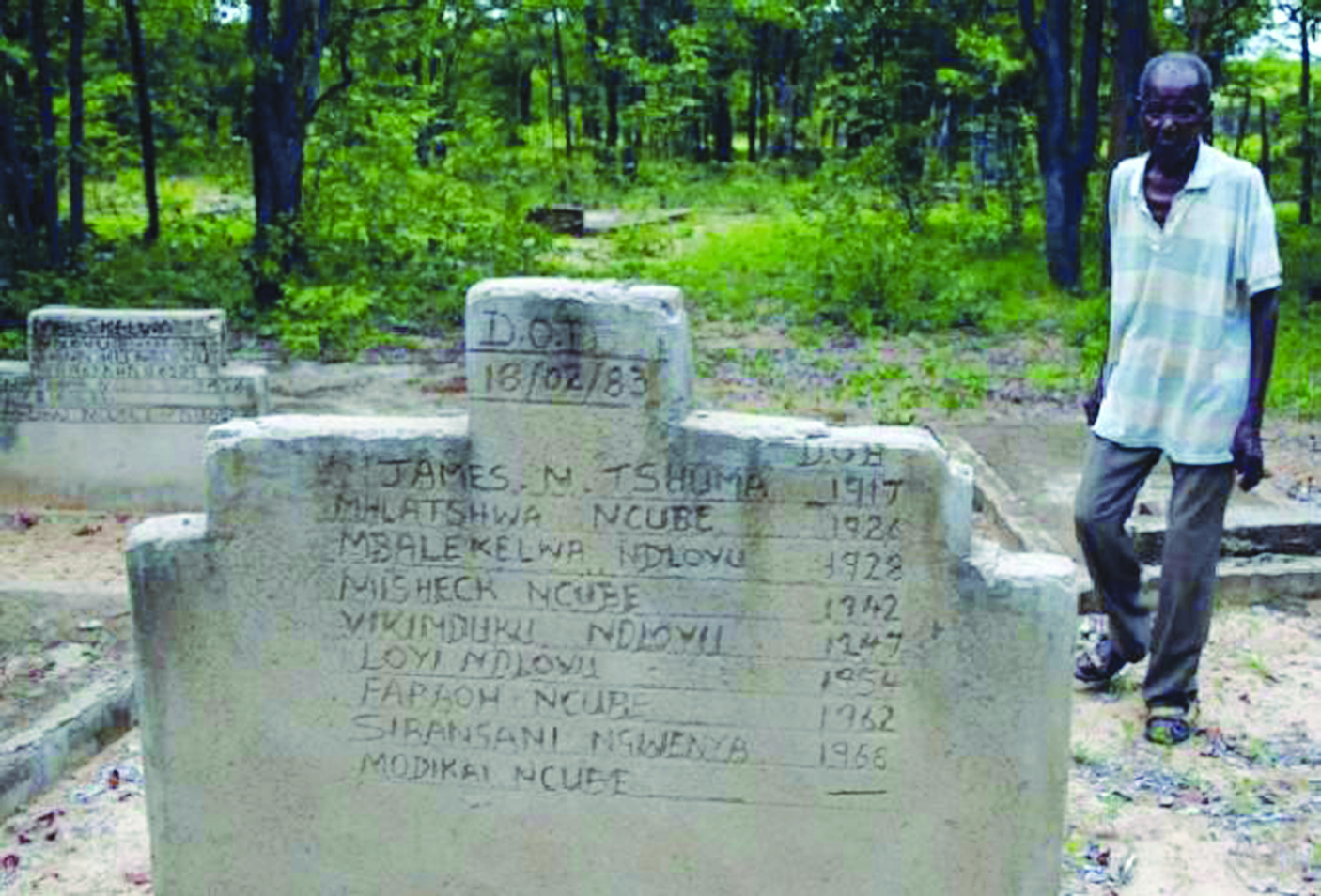
TENDAI MAKARIPE THE euphoria that accompanied the unshackling of Zimbabwe from the colonial chains of bondage had hardly subsided when a dark cloud hung over the nation.
Perched at the ragged end of a bloody and protracted armed liberation struggle, Gukurahundi poured water onto the ecstasy that gripped Zimbabweans celebrating the demise of a 90-year-old colonial epoch.
Loosely translated to mean early rain, which washes away the chaff before the spring rains, Gukurahundi, remains a dark period in the country’s history.
The late Zanla commander Josiah Tongogara is credited with coining the term in 1974, in reference to the military response to an internal rebellion led by commanders Thomas Nhari and Simon Badza during the war of liberation.
Tongogara is believed to have recruited two companies of newly trained cadres in Tanzania to “crush the Nhari rebellion” and the name of the operation and units that were tasked with carrying out the operation were code-named Gukurahundi.
The bloody operation put to the sword ‘sell outs’ including Nhari and Badza, who were accused of dining with the Rhodesians.
After independence, the term resurfaced, the bloody modus operandi remained the same, the hate speech and labelling did not change, only that the actors in the conflict were new.
The analysis will not bother the reader with details of what transpired during a period that the late former president Robert Mugabe described as “a moment of madness” for there is bountiful literature extensively covering atrocities perpetrated in Matabeleland and part of the Midlands.
- Chamisa under fire over US$120K donation
- Mavhunga puts DeMbare into Chibuku quarterfinals
- Pension funds bet on Cabora Bassa oilfields
- Councils defy govt fire tender directive
Keep Reading
However, the piece advocates for serious and sincere dialogue on an emotive issue that threatens the peace and security status of the country.
With Independence Day only a few days away, is this not the most opportune time to discuss this matter? The worst way to handle a problem is sweeping it under the carpet for one day it will come back to haunt you.
Gukurahundi is part of our history, albeit something the nation regrets but not giving it the attention it deserves is an error of colossal proportions.
The perpetrators of Gukurahundi have retained only superficially altered accounts rooted in wartime politics, while survivors’ narratives have reworked content, chronology and causality.
The dissonance among stories is expressed in a “noisy silence” through which those subjected to state violence and its lingering legacies struggle both to make themselves heard and to imagine new political possibilities and terms of belonging.
In her paper titled The Noisy Silence of Gukurahundi: Truth, Recognition and Belonging, academic Jocelyn Alexander writes: “As the novelist Novuyo Rosa Tshuma graphically puts it, for those without power, stories can feel as if they are ‘shoved down our throats’, imagery that underlines the intimate violence of this process, the material hunger it may feed on, and a metaphorical ingestion.
“This is not a meal served once: It is a process, in which the stories of those subjected to state violence may assume multiple forms that undermine official narratives (and state power) as well as ‘ingesting’ and reifying them.”
The road to national healing starts with fully accepting that atrocities were committed so that panaceas aimed at curing the physical and psychological wounds of those affected can be crafted and implemented.
There has to be a paradigm shift on the Gukurahundi issue from how Mugabe handled the issue. He dismissed a 1985 dossier by Amnesty International, which detailed how torture was “widespread” and “persistent”, as: “A heap of lies … by Amnesty Lies International.”
The Catholic Commission for Justice and Peace and the Legal Resources Foundation also provided him with “a detailed account” of the conflict dynamics using testimonies from more than 1 000 people. But Mugabe disregarded the document as the work of “mischief makers wearing religious garb”.
These utterances further compounded the victims’ pain — they were hurt but could not speak out.
The violence was unbearable, remained untold and at worst distorted and rendered deceptive due to trauma, shame and fear.
Resultantly, addressing these ills of the past has become problematic.
The signing of the 1987 peace accord was important as far as putting a lid on the conflict was concerned.
But people from affected areas have felt betrayed because, once again, their issue has been shelved. They could only talk about what affected them in hushed voices yet they were the victims.
They could neither express their pain nor make demands relating to what affected them and like cancer, the problem steadily ravaged the fundamental pillars of unity governing the country.
“On all sides, the most durable metaphor for Gukurahundi was a wound. For those who had borne its brunt, it was open and festering,” writes Alexander.
“For the leaders of the united Zanu PF, it had been closed by the Unity Accord, and the danger now lay in re-opening it. Specifically, to open it was to divide the nation through tribalism, a silencing reification of the depiction of the victims of Gukurahundi as its Ndebele instigators.”
Analysts Lazarus Sauti said one of the key pillars of conflict reconciliation is social justice. This is what has been lacking as far as the Gukurahundi issue is concerned.
“People need social justice to heal and have closure. They should be allowed to express their views regarding the atrocities. It is cathartic to do so,” Sauti said.
“What it therefore means is that the government, the media, civil society organisations, Zimbabwe Human Rights Commission, and National Peace and Reconciliation Commission should join hands and come up with effective post-conflict recovery mechanisms to console the people who lost their loved ones during the Gukurahundi period.”
Concurring with Sauti is associate professor in the Department of Communication and Media at the University of Johannesburg, Admire Mare, who argues that in the interest of national healing, national reconciliation, there should be platforms opened up for people to speak about what happened during that time.
“Unfortunately, the current government feels that if it opens up some individuals within government will be exposed so keeping the lid on the topic serves them well but this does not serve the nation in any way,” Mare said.
“The victims must speak from the heart and not present choreographed speeches. The cherry-picking of certain individuals and giving them what to speak about escalates the issue further. Grassroots-oriented peace building is required in this scenario.”


